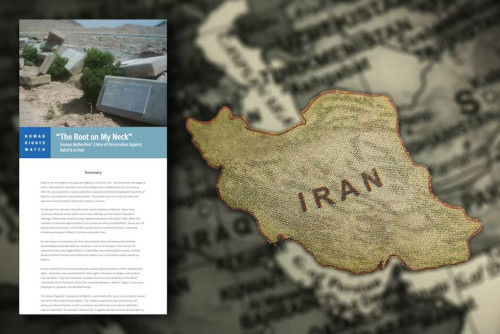Nobel Prize-winner Paul Nurse
The Complex Question of Life
Defining life is not as straightforward as it may seem. Even experts struggle to provide a concise definition that encompasses all living organisms. Paul Nurse, a renowned geneticist and cell biologist, explores this enigmatic question in his book “What Is Life?” In his quest to unravel the mysteries of life, Nurse delves into five key ideas of biology, shedding light on the fundamental characteristics that define living entities.
The Significance of Cells
According to Nurse, the cell is the fundamental unit of life. It serves as the building block for all living organisms. Whether it’s a single-celled organism or a complex multicellular organism like a plant or an insect, the cell exhibits essential life characteristics such as growth, reproduction, and division. Nurse’s fascination with cells extends even to the humble yeast, which most people associate with brewing and baking. He sees yeast as a valuable model for understanding more complex forms of life due to its similarities with human genes.
Genes and Inheritance
Gregor Mendel, a pioneering monk in the field of genetics, made significant contributions to our understanding of inheritance. By studying the traits of pea plants, Mendel observed clear ratios in the offspring’s characteristics. This led him to hypothesize the existence of unitary particles, now known as genes, which are transmitted from one generation to the next. Mendel’s work laid the foundation for modern genetics and provided evidence for the hereditary nature of life.
The Beauty of Evolution by Natural Selection
Charles Darwin’s concept of evolution by natural selection stands as one of the most beautiful ideas in biology. Darwin’s observations of diverse animal and plant species during his expedition around the world led him to propose that the hereditary material of living organisms carries variations. If these variations prove advantageous in a specific environment, they gradually become more prevalent in the population over time. This elegant concept revolutionized our understanding of life, revealing its ability to adapt and evolve without the need for a deliberate designer.
The Chemistry of Life
Life is intricately connected to the world of chemistry. Within a cell, numerous chemical reactions occur simultaneously, driving growth, reproduction, and energy usage. Nurse highlights the importance of compartmentation within cells, which allows different chemical reactions to take place simultaneously in a confined space. He emphasizes the marvel of thousands of reactions occurring in such a tiny cell, highlighting the central role of chemistry in the mechanisms of life.
The Role of Information
While chemistry forms the foundation of life, information management is equally crucial. Cells must constantly manage vast amounts of information to coordinate their functions effectively. Nurse uses the example of genes regulating the production of substances within cells. These genes possess an information management system that monitors the substance’s levels and adjusts gene activity accordingly. Life relies on information transmission to maintain coordination within the cell and ensure proper functioning.
The Core Principles of Life
By exploring these five key ideas, Nurse discerns several principles that underlie life itself. Living things are bounded physical entities, existing as chemical and informational machines. Within this bounded entity, a hereditary system operates, allowing for variability and the potential for evolution through natural selection. This intricate interplay of chemical processes and information management gives living things purpose and the ability to adapt to their environments.
In conclusion, the quest to define life is an ongoing journey filled with complexity and wonder. Paul Nurse’s exploration of the five key ideas of biology provides valuable insights into the nature of life, highlighting the profound interconnectedness of cells, genes, evolution, chemistry, and information. Life emerges as a remarkable phenomenon, driven by fundamental principles that shape its existence and enable its continuous adaptation.




